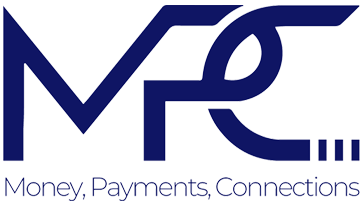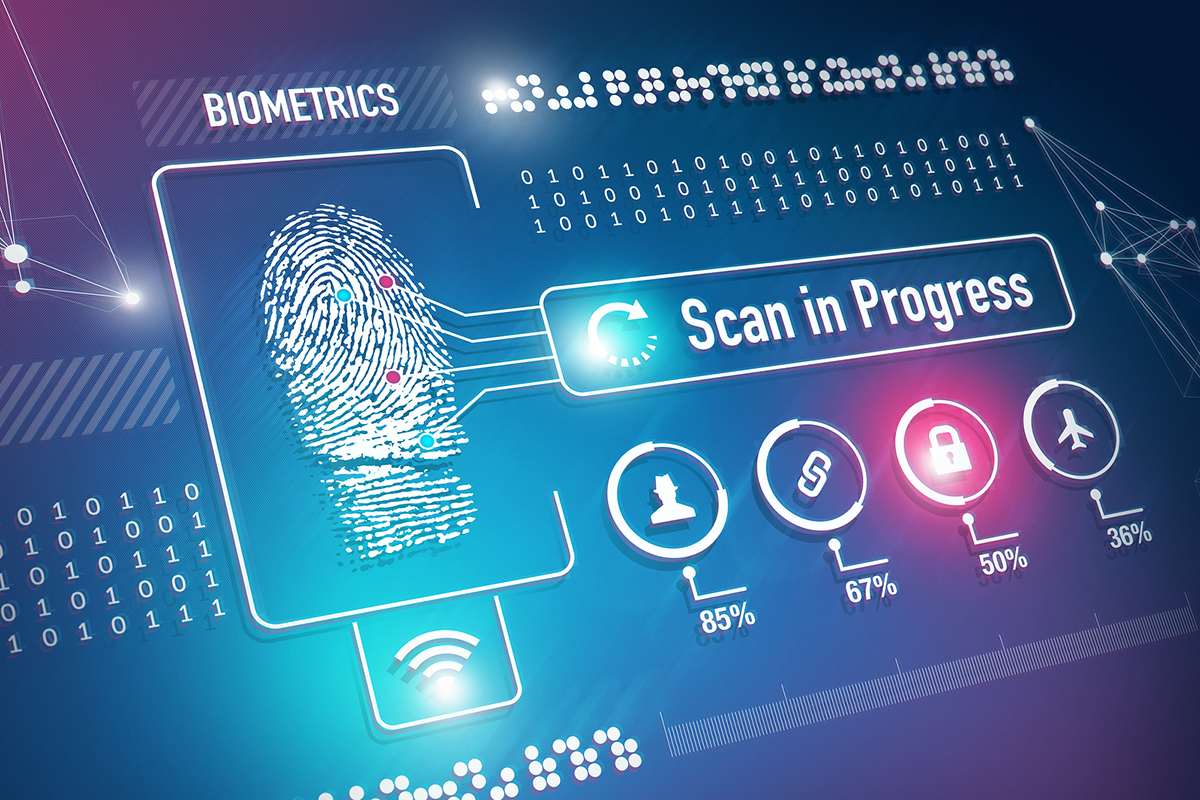Imagine a world where the only ID you need is digital and it is stored in a digital wallet on your phone. What if your digital ID could immediately prove your identity and is secure from cyber attacks? And the best part – you control what information is shared and who can access it. Welcome to blockchain-based digital identity. Although it may seem futuristic, digital identity using blockchain is already a reality in Slovenia and is rolling out in Canada this year. So, what exactly is blockchain-based digital ID and could it become a global digital identity system?
What is Decentralized Digital Identity?
According to IBM Blockchain, Decentralized Digital Identity is a portable identity for any person, organization or thing that does not depend on any centralized authority and can never be taken away. In fact, starting this year Canadians will be able to verify their identity, using their smartphones, to sign up for new bank accounts, driver’s licenses, and utilities.
IBM and SecureKey Technologies are collaborating to enable a new digital identity and attribute sharing network based on IBM Blockchain. The digital identity network Verified.Me is designed to make it easier for consumers to verify who they are in a privacy-enhanced, security-rich and efficient way.
Decentralized digital identity is a portable identity for any person or organization that does not depend on a centralized authority and can never be taken away.
Users will need to have their identity verified through a trusted source like a bank or credit agency. Only one initial verification is required and it will provide the credibility needed to access other services. The Verified.Me project is backed by Canada’s leading banks as well as the Digital ID and Authentication Council of Canada. The project will allow citizens to privately share the specific data, needed to access the service they apply for.
Why Blockchain for Digital Identity?
Blockchain facilitates a secure, trusted exchange of information between parties who do not typically trust each other. Security is achieved through cryptography, which would allow an individual to prove their digital identity. In other words, it is like knowing a secret, without revealing information about the secret.
Current identity verification systems are flawed, so companies like SecureKey and Sovrin powered by IBM blockchain technology wants to change that. Their decentralized digital identity platforms give individuals more control over their identity to help reduce fraud. In fact, this solution maps to the physical world. Sovrin stores credentials in a digital wallet, much as people have for decades stored identification cards. The difference is that credentials are protected from being stolen or otherwise seen by parties that can misuse them.
Furthermore, studies suggest that Blockchain is the ideal solution for exchanging information such as digital identity with approved parties in a secure, encrypted way. The digital identity provides a backbone to which any sort of credentials, including state-issued ones, can be associated, allowing a seamless authentication process for individuals and simplified interoperability for institutions.
Could Global Digital Identity be Next?
Yes, a global digital identity system could be next. According to the ID2020 Alliance, they are committed to providing a legal digital identity for every person without identification by 2020, and then will “roll it out to at least 1 billion at risk people,” by 2030. The ID2020 Alliance is a not-for-profit corporation, that’s gathering partners to help create legal digital identities for vulnerable populations.
ID2020 states that 30% of the world’s population, approximately 1.5 billion people, lack a legal identity, leaving them vulnerable.
According to World Bank data, 1.5 billion people – disproportionately women, children, and refugees – are unable to prove their identity and therefore struggle to access critical services and benefits. At the World Economic Forum in 2017, Microsoft donated $1M to the effort, joining Accenture and the Rockefeller Foundation as major donors to the initiative. In fact, last year Accenture and Microsoft unveiled a new tool that combines biometric data with blockchain technology to create permanent digital identity records. The tool, which is still a prototype, could be useful for verifying identities during a natural disaster or a global refugee crisis.
In our fast paced digital economy, individuals and businesses clearly need to establish secure, private and trusted transactions. Decentralized Digital Identity may be the answer. With a focus on user-control and privacy, blockchain technologies give individuals direct ownership and control over their personal information. What do you think? What are the benefits and possible downsides to a decentralized digital identity. Follow us on social media and let us know.
Want to learn more about topics like this? Join us at Mobile Payments Conference 2018, August 22- 24, 2018 in Chicago. Get tickets now!








1 Comment